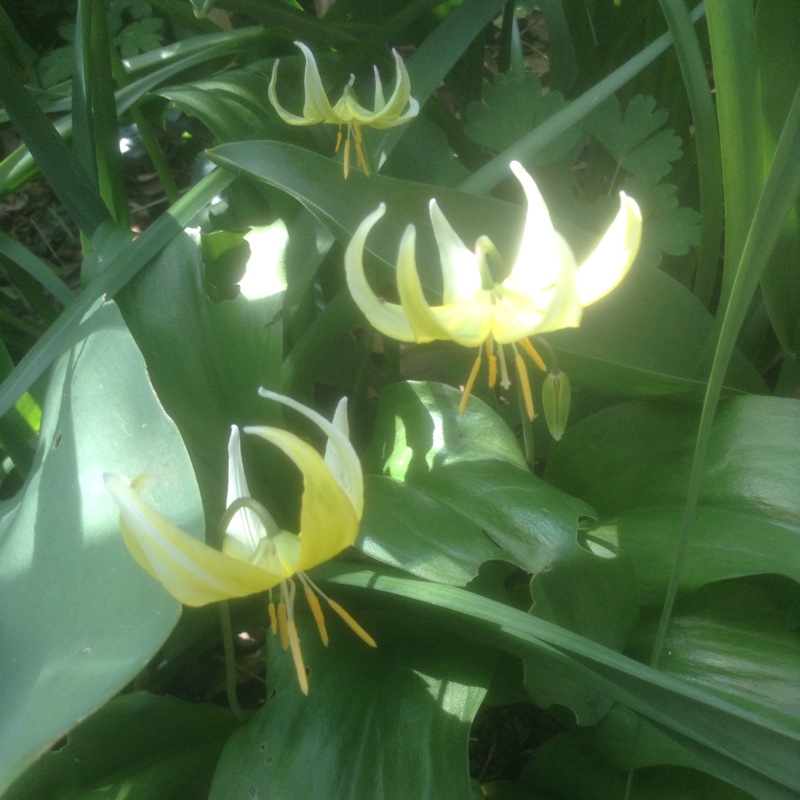
Erythronium
Dogtooth Violet
Dogtooth violets are small, slow-spreading, woodland or alpine plants that are easy to grow as long as they are in a shaded, damp site. They have pairs of oval leaves, and pendant starry flowers that have recurved petals.
Contributed by @cnash
-
Partial shade
-
Frequent watering
-
Full Frost Hardy: 5F (-15°C)
-
Free draining and fertile
Common name
Dogtooth Violet
Latin name
Erythronium
type
Bulbous perennials
family
Liliaceae
ph
5.5 - 8.0 Acid - Neutral
Plant & bloom calendar
-
Best time to plant
-
When the plant will bloom
full grown dimensions
 0.20 M
0.15 M
0.20 M
0.15 M
Erythronium
Dogtooth violets are small, slow-spreading, woodland or alpine plants that are easy to grow as long as they are in a shaded, damp site. They have pairs of oval leaves, and pendant starry flowers that have recurved petals.
Flowering
From Early Spring TO Mid Spring
Dogtooth violets flowers from early to mid Spring
Propagating by seed
From Early Autumn TO Mid Autumn
Collect the seeds of Dogtooth violets and dry them, then sow in Autumn. It will take 3 years plus before the plants will flower
Planting
From Early Spring TO Late Spring
Plant in a dappled- shady site, in free-draining soil. Once planted, water well to settle the soil around the plants. Plant 15 cms. apart, in drifts, for best effect.
Propagating by division
From Early Spring TO Late Spring
Dogtooth violets will multiply by themselves, but slowly! They will multiply better if the dead flowers are removed to stop seed-formation.



























